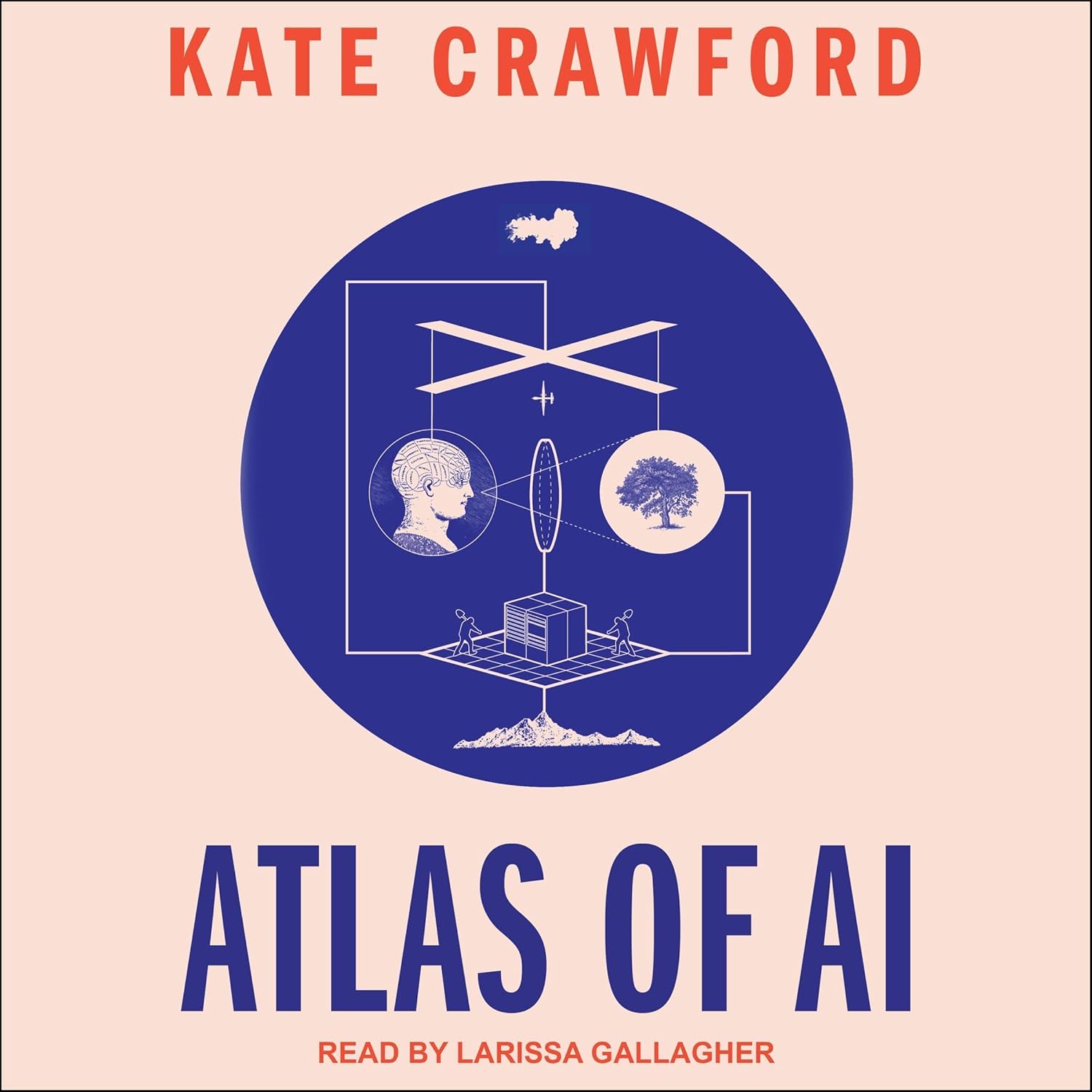In the last 24 hours, the Open Source AI landscape has seen pivotal developments that signal a shift in how major players approach innovation, collaboration, and competition.
From Google’s strategic acquihire to Hugging Face’s lightning-fast replication of OpenAI’s latest tool, the open-source ecosystem is proving its agility and relevance in shaping the future of artificial intelligence.
Sponsored:
Atlas of AI: Power, Politics, and the Planetary Costs of Artificial Intelligence - Audiobook

Uncover the true cost of artificial intelligence.
Listen now, and see the system behind the screens before the future listens to you. = > Atlas of AI $0.00 with trial. Read by Larissa Gallagher
- Google acquires talent from Windsurf, an open-source AI coding startup
In a surprise move, Google has hired key leadership from Windsurf after OpenAI’s $3B acquisition deal collapsed. Instead of a full buyout, Google opted for a $2.4B licensing agreement, allowing Windsurf to retain independence while transferring its top talent to DeepMind LinkedIn.
Implication: This signals a growing preference for modular collaboration over full acquisitions, preserving open-source agility while integrating strategic capabilities. - Hugging Face replicates OpenAI’s Deep Research tool in under 24 hours
Hugging Face announced it had built an open-source alternative to OpenAI’s Deep Research agent—a tool designed for multi-step reasoning and synthesis of online information. The replication was completed within a single day of OpenAI’s release Futurism.
Implication: This showcases the speed and responsiveness of the open-source community, raising questions about proprietary advantage and the sustainability of closed innovation. - Funding surge for open-source AI startups
Mercor, an AI startup contributing to open-source tooling, raised $350M in a Series C round, pushing its valuation to $10B Google News.
Implication: Investors are increasingly backing open-source infrastructure, recognizing its role in democratizing AI development and reducing vendor lock-in.
These developments highlight a growing tension between proprietary AI giants and the open-source movement. While companies like OpenAI innovate rapidly, the open-source community—backed by platforms like Hugging Face and strategic moves from Google—is proving it can match pace, often with greater transparency and community engagement.
For developers and editorial teams, this means:
- Faster access to cutting-edge tools without vendor restrictions.
- Opportunities to build modular workflows that integrate open-source agents.
- Greater resilience against API failures or pricing shifts from closed platforms.
Open Source AI is no longer playing catch-up—it’s setting the pace. With strategic talent shifts, rapid replication, and massive funding, the ecosystem is poised to redefine how AI is built, shared, and scaled. For editorial automation, plugin development, and ethical AI deployment, these trends offer both inspiration and practical pathways forward.
Sources:
- TechCrunch AI News TechCrunch
- LinkedIn AI Funding Update LinkedIn
- Google News on Mercor Google News
- Futurism on Hugging Face replication Futurism





